News
-
 Physics
PhysicsNew telescopes could help spot ‘photon ring’ of the first black hole ever imaged
Expanding the Event Horizon Telescope by adding telescopes in space could help capture the rings around galaxy M87’s supermassive black hole.
-
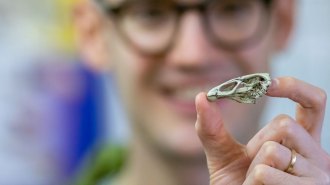 Paleontology
Paleontology‘Wonderchicken’ is the earliest known modern bird at nearly 67 million years old
A new fossil find, dubbed the Wonderchicken, is a common ancestor of modern ducks and chickens.
-
 Health & Medicine
Health & MedicinePeople who didn’t know they had COVID-19 drove its spread in China
A new study suggests that mild cases, in which people have no symptoms or don’t get sick enough to go to a doctor, are fueling the coronavirus pandemic.
-
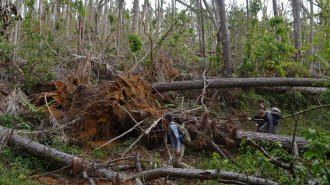 Climate
ClimateHow Hurricane Maria’s heavy rains devastated Puerto Rico’s forests
Hurricane Maria wreaked havoc on Puerto Rican forests in some unexpected ways.
-
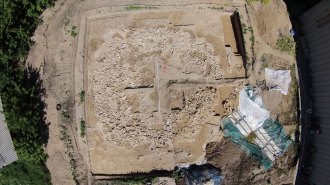 Archaeology
ArchaeologyThis is one of the largest Ice Age structures made of mammoth bones
A massive ring of mammoth bones, built by hunter-gatherers during the Ice Age, offers a peek at life 25,000 years ago.
By Bruce Bower -
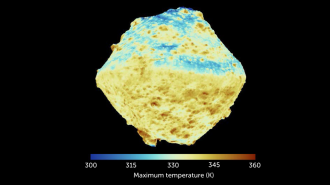 Planetary Science
Planetary ScienceThe asteroid Ryugu has a texture like freeze-dried coffee
Only about half of the asteroid Ryugu is rock; the rest is airy holes, a finding that could help reveal details of how the planets formed.
-
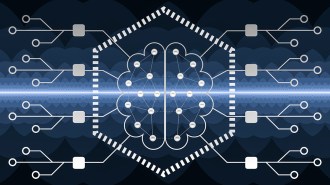 Artificial Intelligence
Artificial IntelligenceAn AI that mimics how mammals smell recognizes scents better than other AI
An artificial intelligence modeled after the neural circuitry in mammalian brains can keep learning new aromas without forgetting others.
-
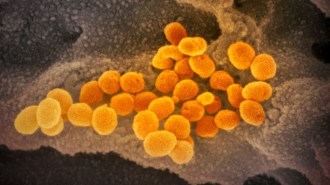 Health & Medicine
Health & MedicineCoronavirus is most contagious before and during the first week of symptoms
As major efforts to contain the COVID-19 pandemic go into effect around the globe, researchers are figuring out just when patients are most contagious.
-
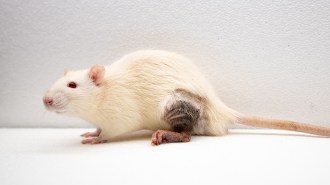 Health & Medicine
Health & MedicineA trick from cancer cells helps rats accept transplanted limbs
Rats that received microparticles that release a chemical signal to recruit immune cells tolerated hind limb transplants for more than 200 days.
-
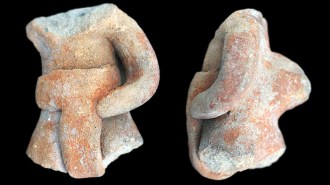 Archaeology
ArchaeologyAn ancient ball court sheds light on a game made famous by the Aztecs
A 3,400-year-old ball court in the southern mountains of Mexico suggests many societies contributed to the development of an ancient, well-known Mesoamerican ball game.
By Bruce Bower -
 Health & Medicine
Health & MedicineSocial distancing, not travel bans, is crucial to limiting coronavirus’ spread
Everything from waving hello instead of shaking hands to cancelling large gatherings of people will help slow the spread of COVID-19.
By Jonathan Lambert and Tina Hesman Saey -
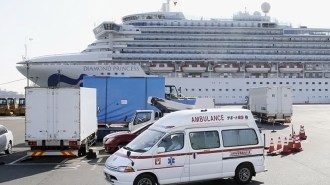 Health & Medicine
Health & MedicineCruise ship outbreak helps pin down how deadly the new coronavirus is
Infections and deaths on the Diamond Princess suggest that, in the real world, 0.5 percent of COVID-19 infections in China end in death.